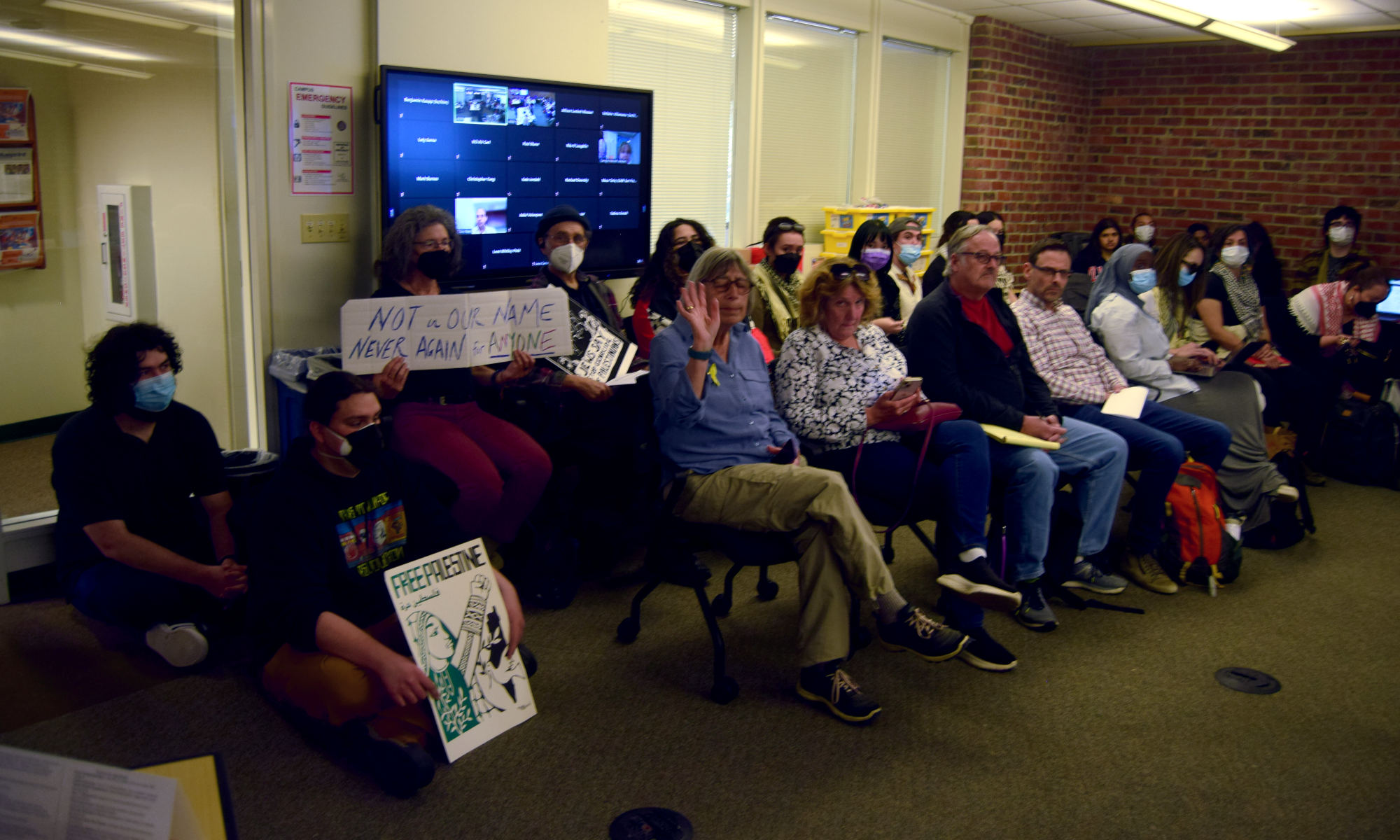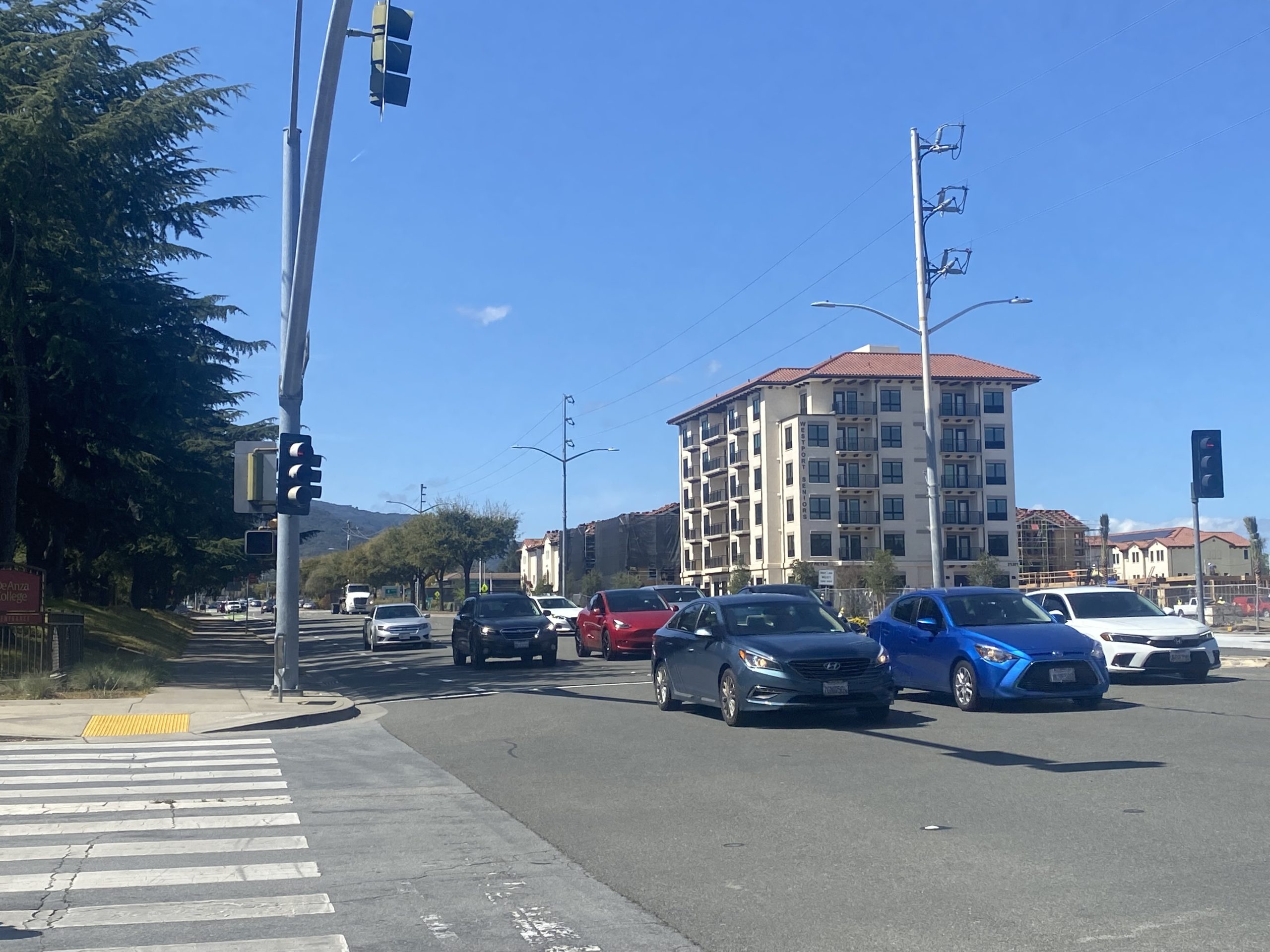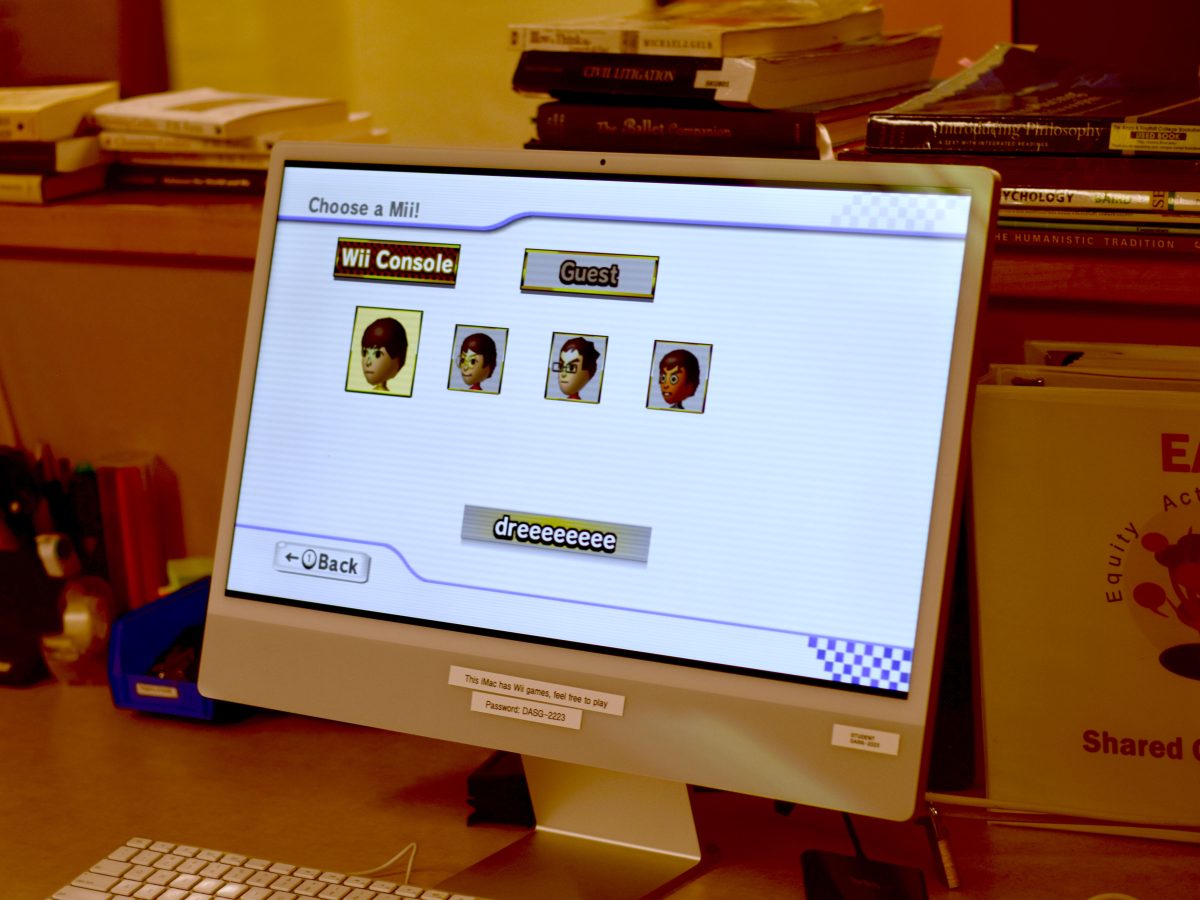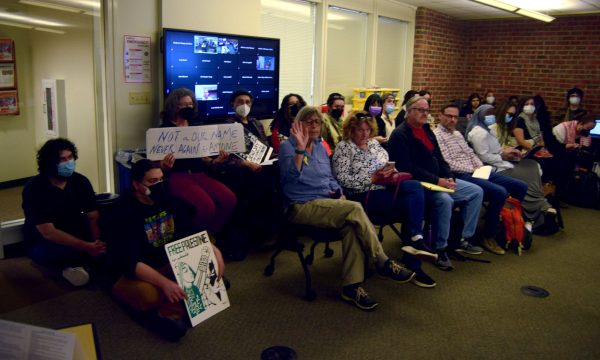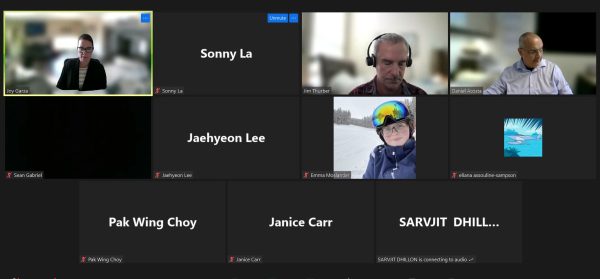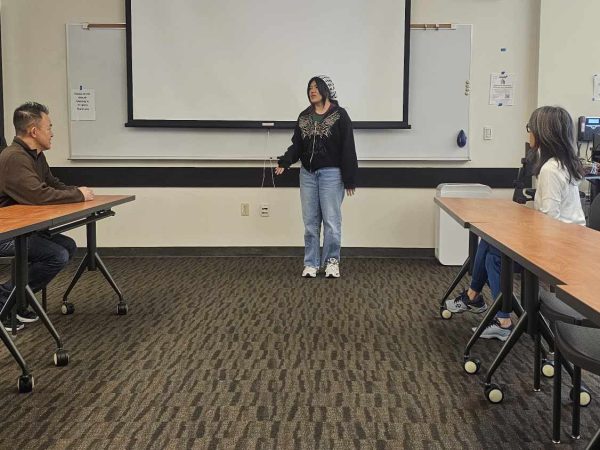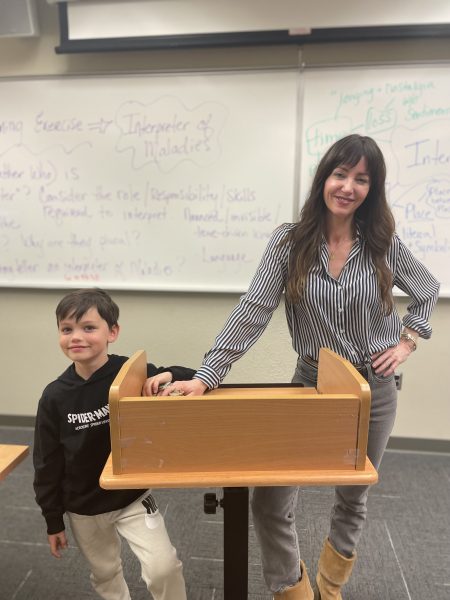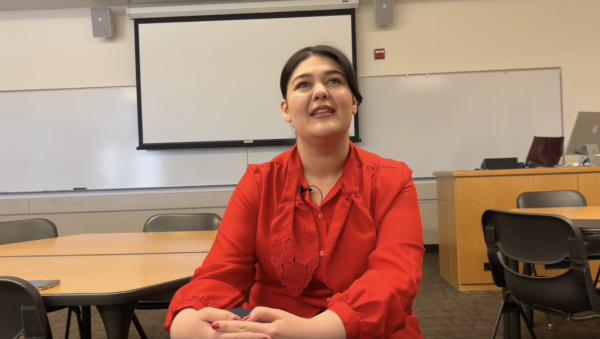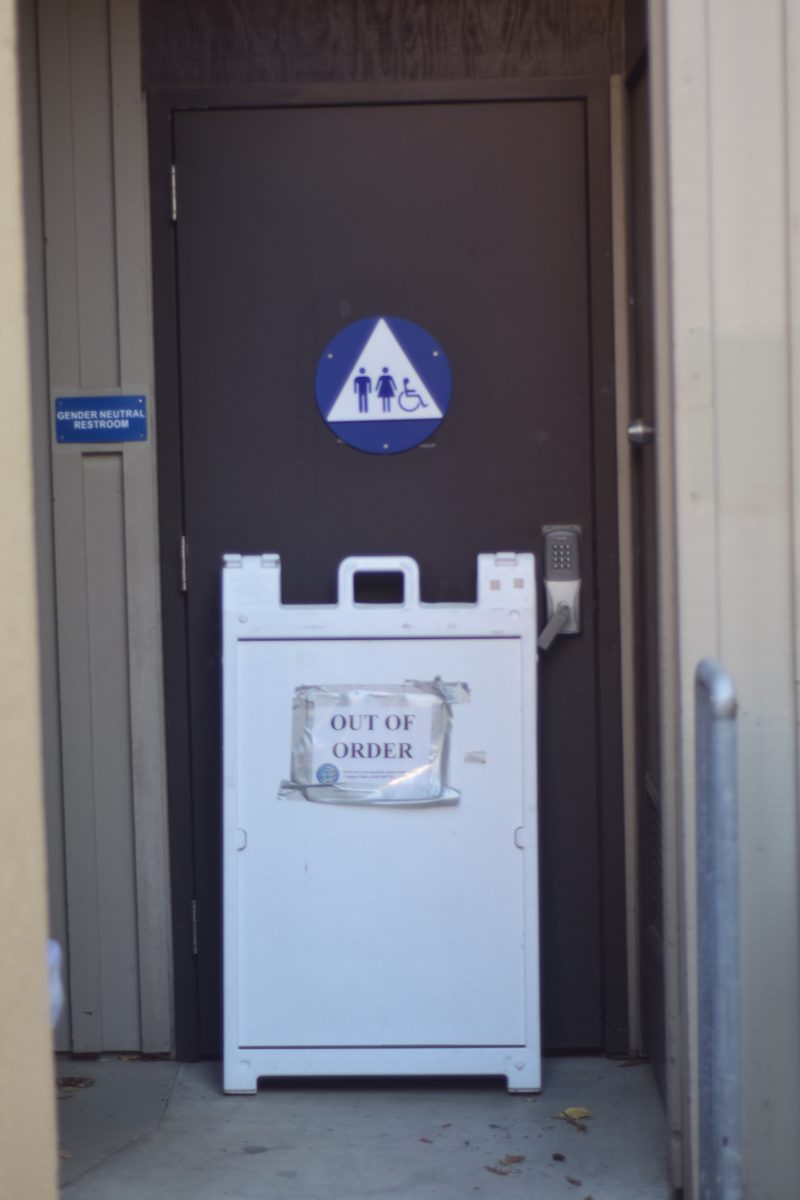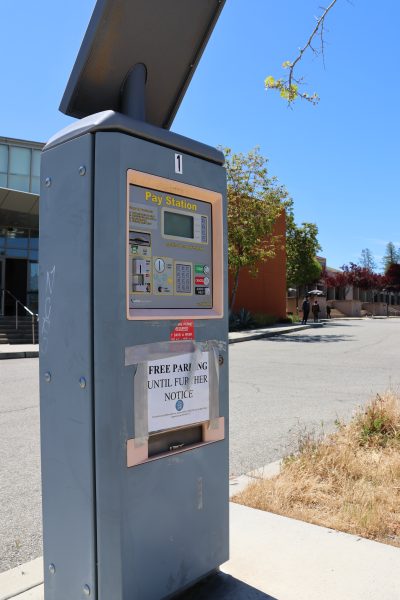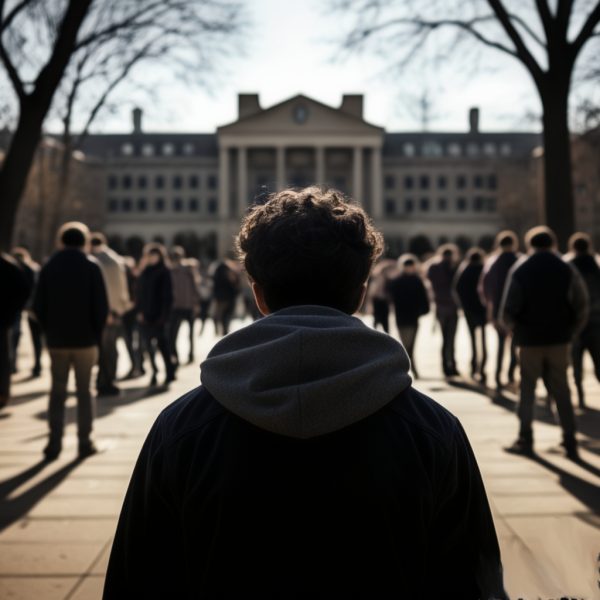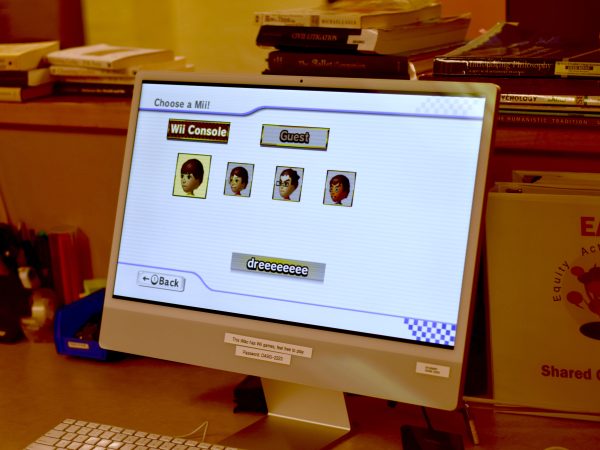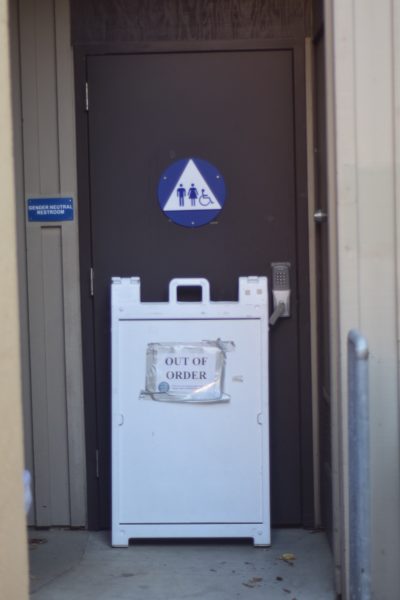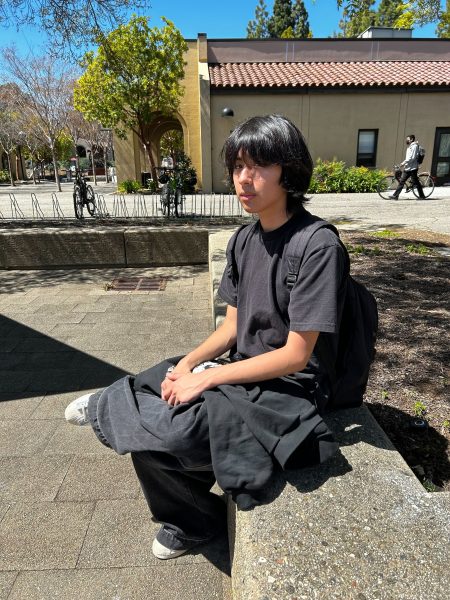California smoking age now 21: Won’t stop kids from using tobacco
June 13, 2016
The minimum age one will have to be to be able to purchase tobacco products in California will rise from 18 to 21 as of last thursday.
As a move to reduce the percentage of smokers amongst the youth of California, it doesn’t really seem effective, as it would only drive students to smoke illegaly.
Unfortunately, this law is unlikely to completely prevent creating underaged smokers.
The bill, which makes California the second state to raise the smoking age after Hawaii, will coincide with another new law that classifies vapor cigarettes as tobacco products, making it illegal to use them in public indoor locations such as schools and hospitals.
Without a doubt, this will affect many De Anza students.
According to the Center for Disease Control (CDC), at least 16.7% of college-age individuals currently smoke in the United States, not including e-cigarettes, and according to the Institute of Medicine, this increase to the smoking age would discourage around 15 percent of young adults from taking up cigarettes.
De Anza already had plans of removing the smoking areas from campus within the year.
Teenagers, whose brains do not finish developing until age 25, are actually biologically more likely to make risky decisions, especially if they have previously avoided consequences while engaging in the same behavior.
This is because the frontal cortex, which is responsible for reasoning, in underdeveloped, so they are much more likely to use “hot” emotional pathways via the amygdala of fear or desire for social acceptance, according to a study published by the National Center for Biotechnology Information.
There’s always going to be some complicated issue that leads impulsive teenagers to smoke, whether it’s peer pressure or a sad attempt to look older.
While this doesn’t mean adolescents shouldn’t be held responsible for their actions, their biology must be taken into account when deciding the best course of action to combat substance abuse.
Instead of imposing potentially devastating consequences as penalties for these young people, De Anza must include special programs and counselling to help young smokers to cope with the root problems of their addictions.
With that said, things seem gloomy for young smokers, and this may be a good wake up call for people to get treatment as soon as possible if they want to stay “legal.” However, there are still underaged smokers and there may even be more of them now.



